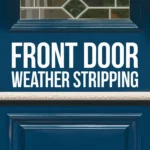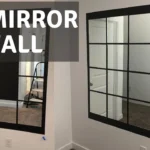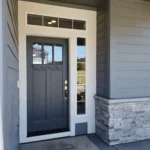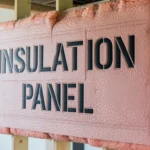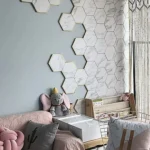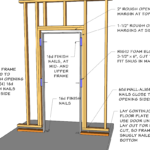Placing fiber insulation tape on a wall is essential for achieving optimal energy efficiency and comfort in your home. Properly installed fiber insulation tape seals joints and seams in insulation, reducing air leaks and enhancing thermal performance. How to place fiber insulation tape wall this comprehensive guide will walk you through the steps to successfully install fiber insulation tape, ensuring you make the most of your insulation efforts.
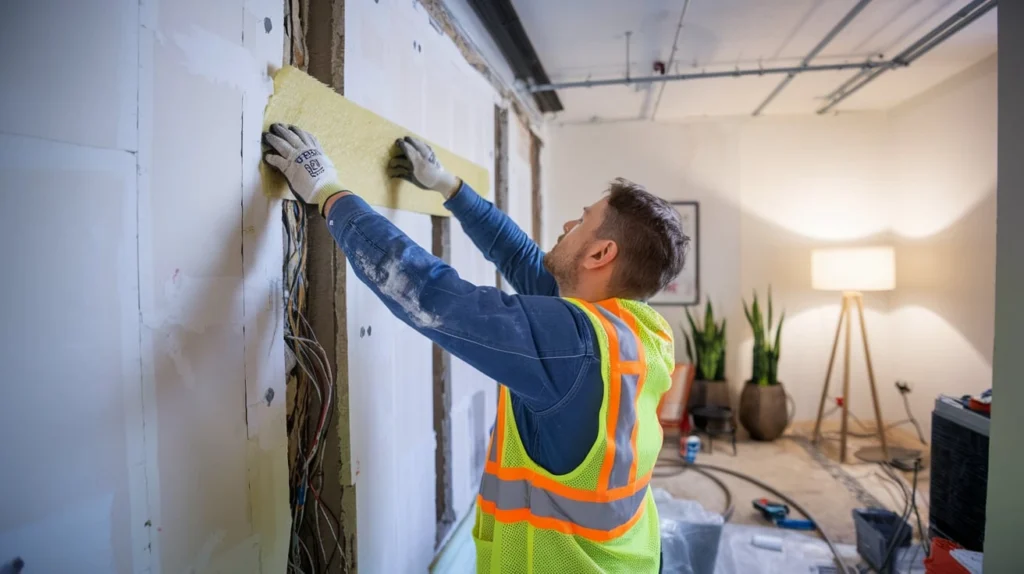
Content
Understanding How to Place Fiber Insulation Tape Wall
Definition of Fiber Insulation
Fiber insulation refers to a type of thermal insulation composed of various materials, including fiberglass, mineral wool, and cellulose. It is commonly utilized in residential and commercial structures to improve energy efficiency, reduce noise, and maintain a comfortable indoor climate. Installing fiberglass insulation provides effective thermal resistance, which is measured using the R-value—the higher the R-value, the better the insulations’ effectiveness.
Importance of Fiber Insulation Tape
Fiber insulation tape plays a crucial role in the insulation process by sealing joints and seams between insulation batts. Unlike paper tape, fiberglass tape is less prone to wrinkling and adheres better to uneven surfaces. This makes it an ideal choice for both professionals and DIY enthusiasts.
How to Place Fiber Insulation Tape Wall and Installation
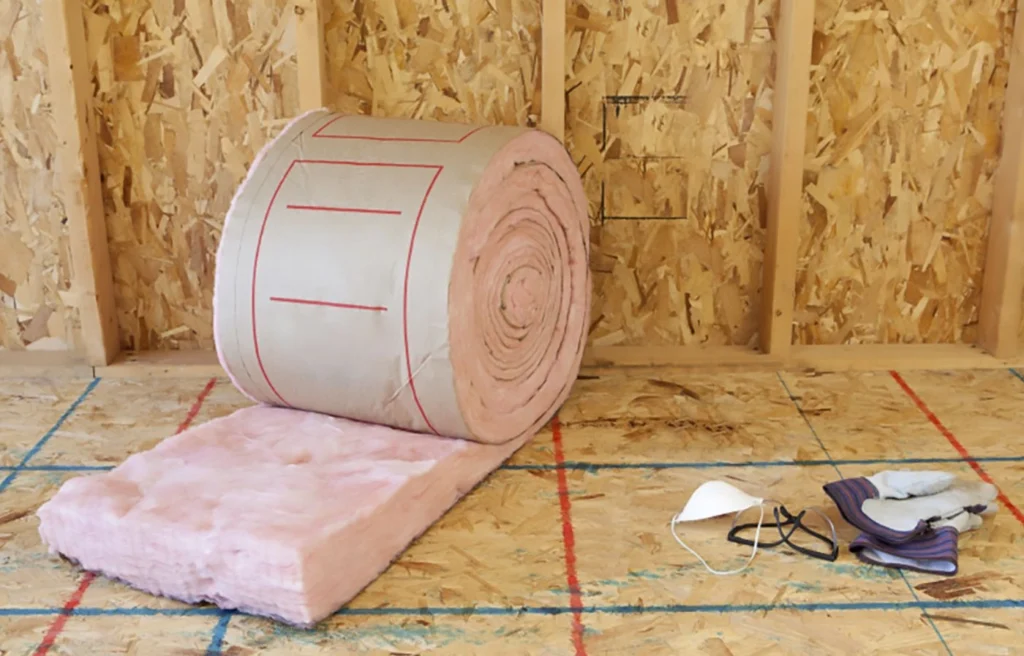
Essential Tools and Materials
Before commencing your installation, gather the following tools and materials:
| Tools | Materials |
| Utility knife | Fiberglass mesh tape |
| Drywall knife | Drywall compound |
| Mud pan | Measuring tape |
| Staple gun | Safety gear (gloves, mask) |
Safety Measures
Handling fiber insulation can expose you to fine glass fibers, which may irritate the skin, eyes, and lungs. Always wear long sleeves, gloves, goggles, and a mask to protect yourself during the installation process.
Step-by-Step Guide on Installing Fiber Insulation Tape
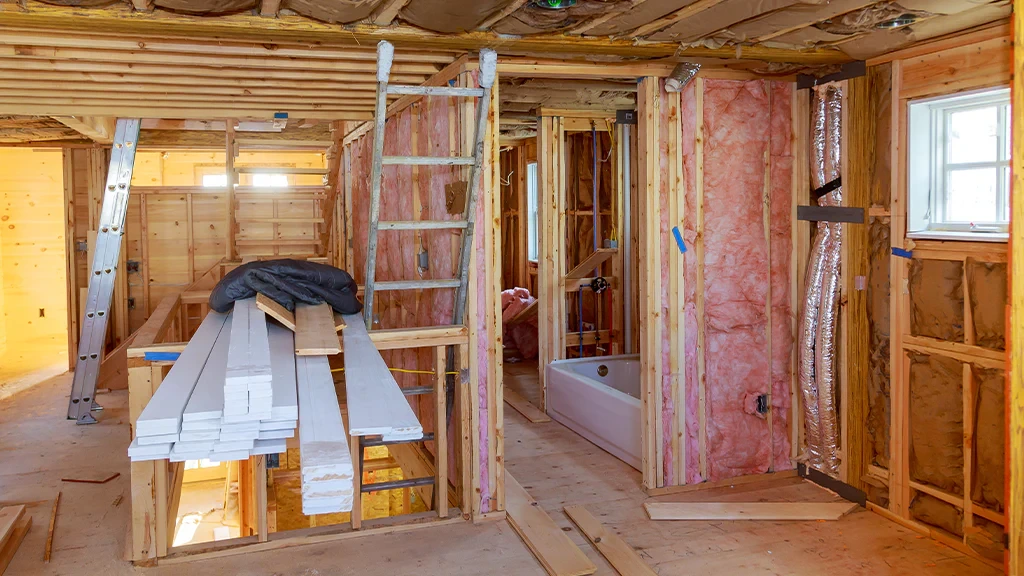
Measuring and Cutting
- Measure the Area: Use a measuring tape to determine the length of the seams you need to tape.
- Cut the Tape: With a utility knife, cut the fiberglass tape to the required length, allowing an extra inch for a snug fit.
Applying the Tape
- Clean the Surface: Ensure the surface is free of dust and debris to promote better adhesion.
- Position the Tape: Place the tape over the seams of the insulation, ensuring it is centered. Utilize keywords like DIY Insulation Methods and Insulating Walls with Fiber Tape to help identify the right placement.
- Press Down Firmly: Smooth the tape down to eliminate air bubbles and ensure a strong bond.
Finishing Touches
- Apply Drywall Compound: Using a drywall knife, cover the fiberglass tape with a thin layer of drywall compound. Ensure a smooth finish for aesthetic and functional purposes.
- Allow to Dry: Let the compound dry completely before sanding down any rough spots.
Best Practices for Fiber Insulation Installation
Avoiding Common Mistakes
- Neglecting Surface Preparation: Failing to clean surfaces can lead to poor adhesion.
- Insufficient Tape Coverage: Ensure that the tape fully covers the seam for maximum effectiveness.
- Rushing the Drying Process: Allowing sufficient drying time is crucial for a durable finish.
Maintenance Recommendations
To maintain your insulation, periodically check for signs of moisture or damage, as these can reduce effectiveness. Conducting regular inspections ensures that your insulation continues to perform optimally.
Conclusion
In summary, placing fiber insulation tape on a wall is a vital step in enhancing your home’s energy efficiency and comfort. By following the steps outlined in this guide, you can ensure a successful installation that minimizes air leaks and improves insulation performance.
Call to Action
Have you installed fiber insulation tape in your home? Share your experience or ask questions in the comments below!
Frequently Asked Questions (FAQs)
How long does fiber insulation tape last?
Fiber insulation tape can last for many years if applied correctly and maintained. However, it may need to be replaced if the surrounding insulation becomes damaged or moist.
Can I use fiber tape for outdoor applications?
While fiber insulation tape is primarily designed for indoor use, there are specific types that can withstand outdoor conditions. Always consult the manufacturer’s recommendations.

Elena Mohr is a dedicated home blogger who has been blogging for over six years. She covers everything home related. Elena also loves writing posts about her travels to Europe with her husband and two children.
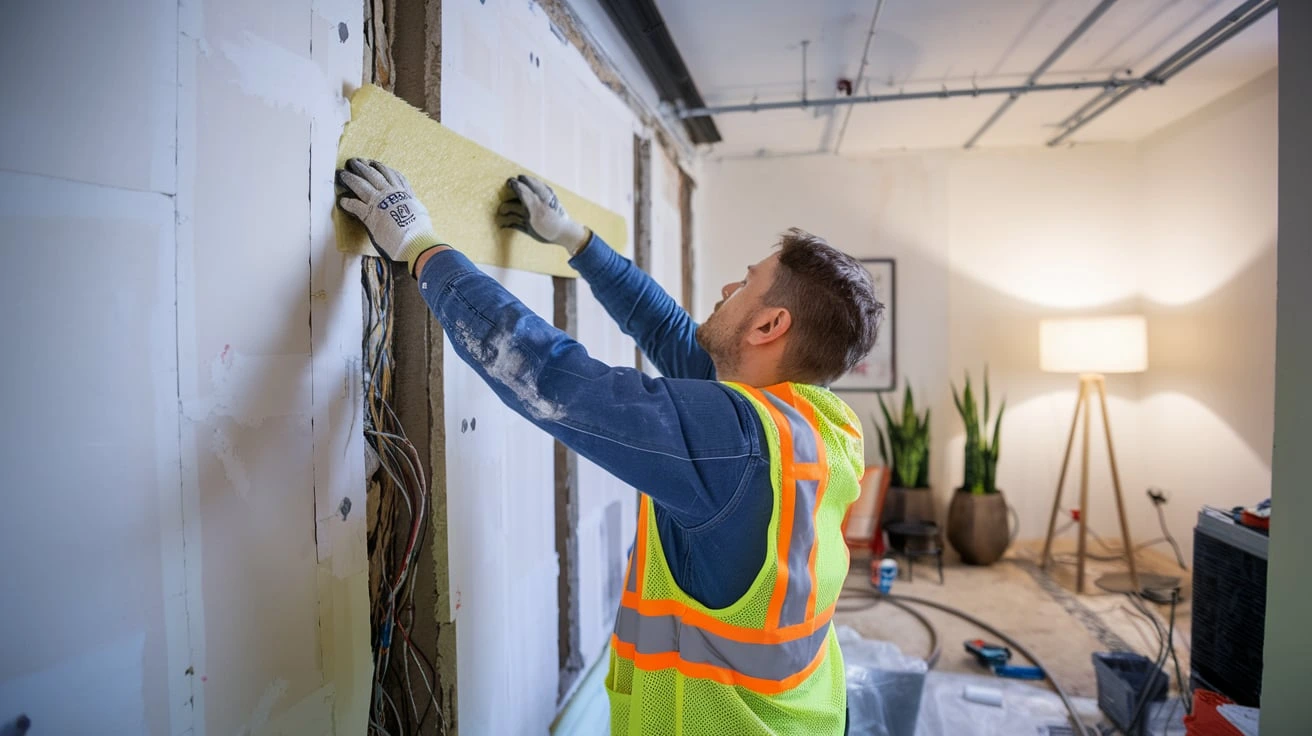
![Why Spray Foam Insulation Vaughan Homes Need: An Expert Guide [2025] Spray Foam Insulation](https://starthomeimprovement.com/wp-content/uploads/2025/09/image-150x150.png)
